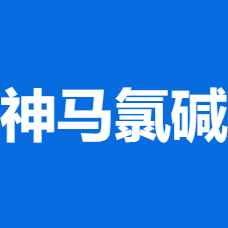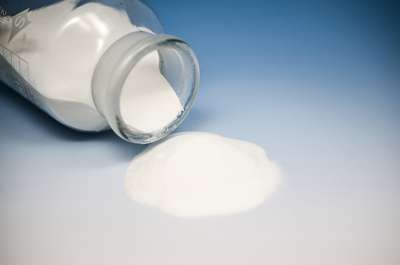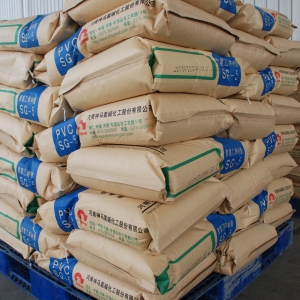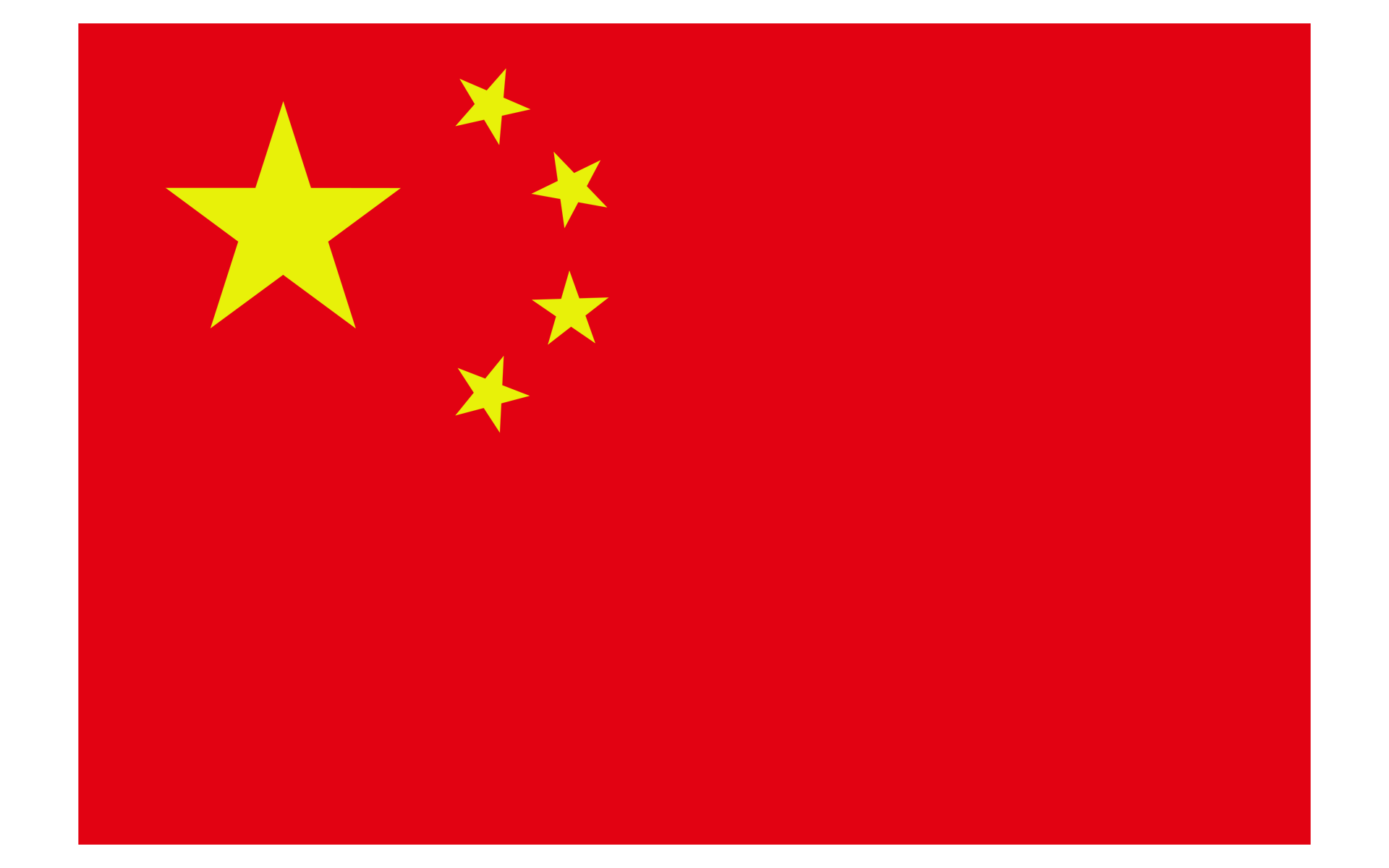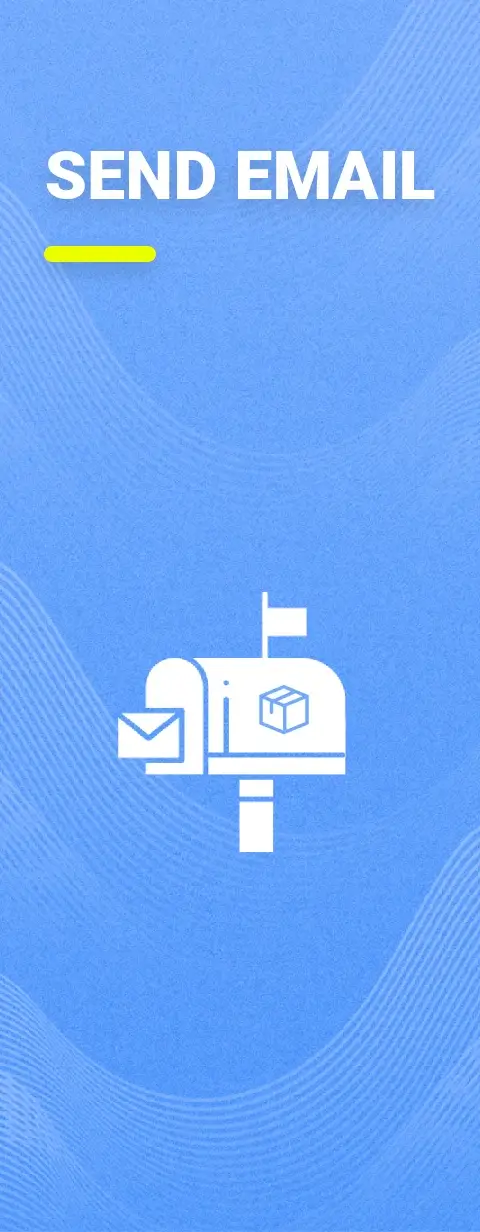SG-5 Polyvinyl Chloride
CAS:9002-86-2
Molecular formula: C2H3Cl
Molecular weight: 62.49
Structural type: 
Physicochemical properties: polyvinyl chloride is a polymer compound polymerized by vinyl chloride. Thermoplastic. White or light yellow powder. The relative density is 1.35 ~ 1.40. The chlorine content is 56% ~ 58%. The melting point is about 70 ~ 85 ℃. Soluble in or swelled by ketones, esters, tetrahydrofurans and chlorinated hydrocarbons. Excellent chemical resistance. The thermal stability and light resistance are poor. Hydrogen chloride begins to decompose when it is above 100 ℃ or exposed to the sun for a long time. A stabilizer needs to be added when making plastics. Excellent electrical insulation.
Product application: PVC is widely used in all walks of life, from building materials to automobile manufacturing, children's toys, from industrial and agricultural products to daily necessities. For example, it can be used as electrical insulation materials, such as the insulation layer of wires. At present, it almost completely replaces rubber and can be used as heat-resistant wires and bushings of wires and cables for electrical appliances; Used in automobile, it can be used as steering wheel, top cover plate, cushion, etc; Used in construction, it can be used as various profiles, such as pipes, rods, profiles, door and window frames, interior decoration materials, sewer pipes, etc; As chemical equipment, it can be processed into various chemical resistant pipes, containers and anti-corrosion materials. Soft PVC can also be made into various pipes, films, sheets and other products with toughness and flexibility resistance. It can be used to make packaging materials, rain gear, agricultural films and so on. PVC paste can be coated on cotton cloth and paper. It can gel quickly when heated at 140~145 degrees. It can be molded into thin film, and then pressed by roller. That is to say, adult leather can be made into various products. PVC foam plastics are often used as pads, slippers and thermal insulation, sound insulation materials.
Polyvinyl chloride (abbreviated as PVC) is a polymer material obtained by addition polymerization of vinyl chloride. It is the third most widely produced synthetic plastic polymer after polyethylene and polypropylene. There are two basic forms of PVC: rigid and flexible. Rigid PVC material can be used in pipes, doors and windows. It can also be used in bottles, other non food packaging, bank cards or membership cards. It can also be made into soft finished products by adding plasticizers, most commonly phthalates, to make it more flexible. In this form, it can be used for flexible pipes, cable insulators, imitation leather, soft labels, inflatable products, and in many applications to replace rubber. Pure PVC is a white, brittle solid. It is insoluble in alcohol but slightly soluble in tetrahydrofuran.
